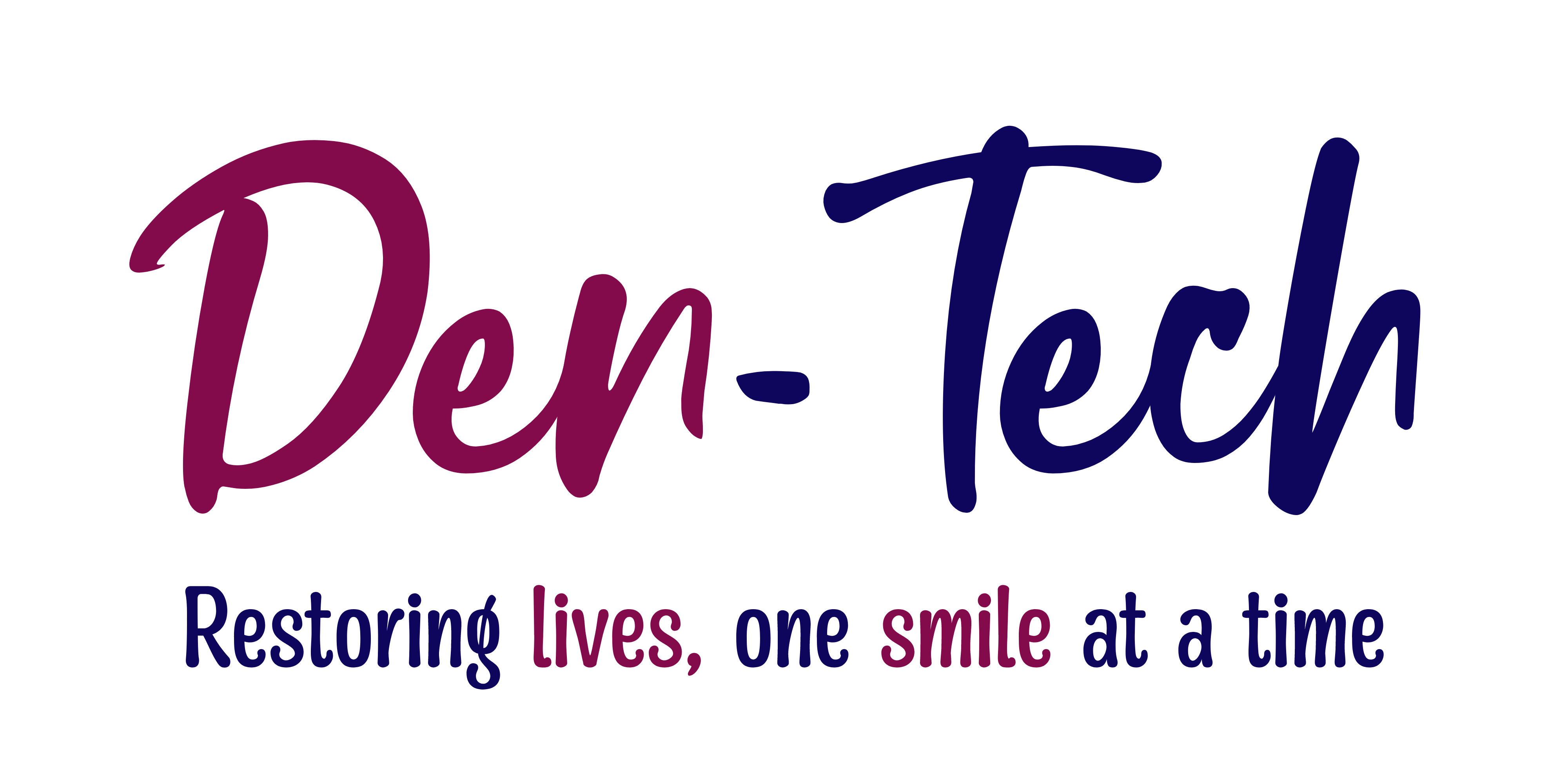Mental health wellness: a framework for dental laboratories
)
Steve Taylor, Clinical Dental Technician and founder of Taylor Dental Technology Centre in Leyland, Lancashire, spoke to attendees at DTS 2023 about the importance of creating a positive culture with regards to mental health in dentistry, and outlined some practical steps that dental laboratories and practices can take to support the mental health of their employees, including adopting the useful Mental Health Wellness in Dentistry Framework put together by the Dental Professional Alliance.
“Mental health and wellness is something that can affect all of us. Today could be a great day, but tomorrow could be a dark day. The big thing is for everyone to be able to talk about it. Men, in particular, are not very good at talking about this kind of thing compared to women. Women’s friendship groups tend to be more supportive, whereas men often think that they’ve got to be brave, bottle it up, and keep it to themselves.”
The impact of poor mental health in dentistry was highlighted to Steve back in January 2020. “I got a phone call in my lab at 15:15 on a Friday afternoon. The dentist asked me whether my driver was back because he’d sent me some impressions for a 3-unit bridge that he wanted to talk to me about. I said that the driver wasn’t back yet, and he said, “we’ll chat on Monday.” And then we went into a bit of banter because he’s a Liverpool supporter and I support Manchester United, and in 2020 he was having a great time taking the mickey out of me. We chatted, we laughed, and we said to each other, “have a great weekend.” On Monday morning I phoned the practice to speak to him, and his receptionist was in tears because he’d taken his own life over the weekend.”
The Mental Health Wellness in Dentistry Framework advocates having one mental health wellness lead with the appropriate training within the dental practice or lab who can support employees struggling with their mental health. “It’s not about turning dental technicians into counsellors or mental health therapists to be able to fix something ourselves. It’s about spotting someone has a problem and directing them to an appropriate place to get the help that they need.”
Some possible signs that Steve highlights which might mean that someone is struggling with their mental health are:
- Timekeeping: is somebody who is always usually on time coming in late every day? Or even the other way around and somebody who has always been last-minute is coming in early, working with their head down, and not speaking or engaging?
- Safety and risk taking: are they suddenly not bothered about safety? Are they taking more risks? Somebody who has always been very safety conscious now suddenly won’t put their face shield on when they’re using a disk, for example.
- Alcohol and/or drug misuse: somebody who comes in smelling of alcohol, somebody who starts to go the pub at lunch time, somebody who can’t wait to finish work so they can get their first pint. The problem with drug and alcohol abuse is that it will start to compound the problems that people already have. Recreational drugs don’t actually fix anything and will only make things worse.
- Lack of cooperation: somebody who always would have tried to find a solution suddenly won’t cooperate. This shows that they just don’t want to be where they are at that point in time.
- Being tired all the time: when people have mental health issues, their ability to sleep can be severely impacted.
- Unexplained aches and pains: what the mental health first aid course will teach you is that there can actually be physical symptoms of mental health issues.
- Quiet and withdrawn: this can be a sign that somebody is becoming not quite themselves.
- Extremes of emotion: if you ask somebody, “can you do me a rushed special tray on this?” and their answer is screamed back at you, that extreme of emotion suggests that the pressure has just built up, and this might be the straw that’s broken the camel’s back.
If you notice any of these signs as the designated mental health lead in the lab or practice, it’s time to start a conversation with the person that you have concerns about. Steve outlines what actions the mental health wellness lead can take next to make a positive difference:
- Find a good place to talk: ask them to go for a coffee and a chat somewhere quiet.
- Ask open questions: Who? What? Where? When? Why? Try not to ask questions that only require a yes or no answer.
- Listen: we’ve got two ears and one mouth, and we should use them in that proportion. Really listen so that you understand what they’re saying to you and see it from their perspective.
- Reassure them: we can’t always reassure people. If somebody comes to us and says, “my brother has just been diagnosed with cancer,” we can’t say, “oh well he’ll be alright. He’ll get better.” Because we don’t know that. But we can reassure them by saying, “well if you need any time off work, if you need some time to help and support him, if there’s anything we can do to help him or you in any way, then we’re here for you.”
- Just be there: just saying to somebody that you want to talk can be enough at times, because then they can unburden. And for a lot of people, when they do unburden, they’re hearing themselves saying it and they’re getting a response developing in their own mind of what they want to do.
- Signpost them to safely get expert help: have a list of different organisations ready that you can send to them.
- Encourage them to seek support: ask them to phone someone. You can say, “do you mind if I ask you tomorrow whether you’ve phoned this number? Do you mind if we have a catch-up next week and I make sure that you’ve been able to get through and you’ve got an appointment?”
- Put posters up: make sure you’re putting posters up in the best places. The best place for a mental health poster is in the toilet, where somebody will be on their own. If you put it right at the staff entrance where everyone will see it, who’s going to stand there and take down the number where everybody else is watching them?
There is still lots of work to be done to destigmatise conversations around mental health, and people can often keep their problems bottled up. Steve notes that, “if somebody’s got mental health issues, it’s like a swan moving across a lake. It can look serene, but you don’t know how frantic things are underneath the water to keep that forward momentum going.” Although the mental health lead in a practice or lab should always have the appropriate training, Steve has three top tips that anybody can adopt when they have concerns about somebody’s mental health:
1. Always ask twice
When you ask someone if they’re alright, being British, most people will reply, “I’m fine, thanks,” even when they might actually be going through complete turmoil. If you have any concerns about somebody actually not being alright, you have to ask them twice.
2. Seek to understand before you seek to be understood
We do not give solutions. We listen, we understand, we engage with that person, and we can direct them to where they can go to get some help and support.
3. Always be kind
On the days where we may be feeling on edge, our reaction to other people is really important. We all make mistakes. Things go wrong in dental labs, but we can be kind about it. Nobody dies because their teeth aren’t ready, but people do die because their mental health is a problem.
To embed a supportive mental health culture in a dental setting, the mental health lead needs to be equipped with the right resources to pass on to colleagues who might benefit from them. “Dental technicians are brilliant at fixing teeth, but we’re not trained to fix mental health problems. We’re trained to spot them, signpost them, and get people to where they need to be.” Some useful resources that Steve recommends to have on hand are:
NHS 111
For urgent advice and support
24/7, 365 days a year, calls are free
Mind
For mental health information
0300 123 3393
Samaritans
For somebody to speak to
116 123
24/7, 365 days a year, calls are free
Hub of hope app
Provides a list of mental health resources available in your local area
For further information on the Mental Health Wellness in Dentistry Framework, visit www.mhwd.org








.png)




